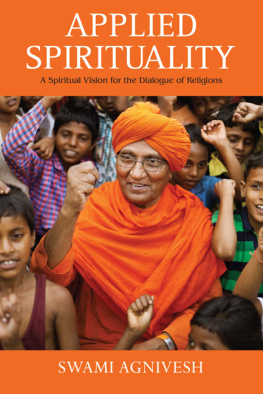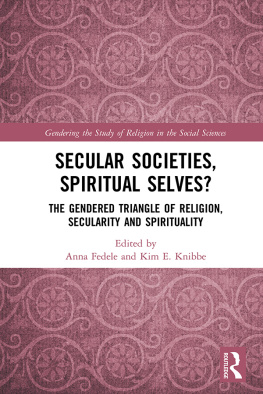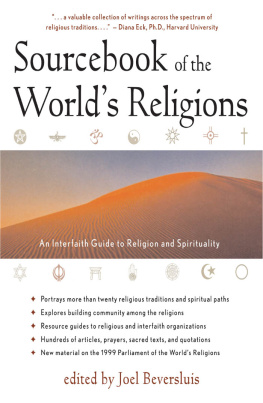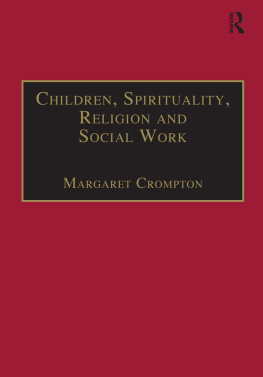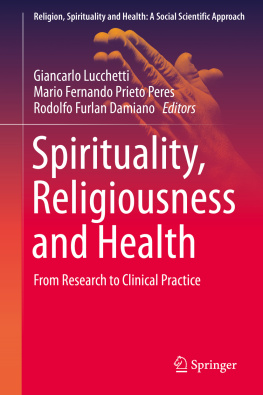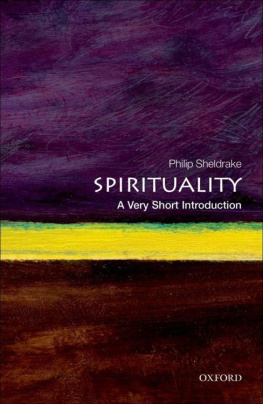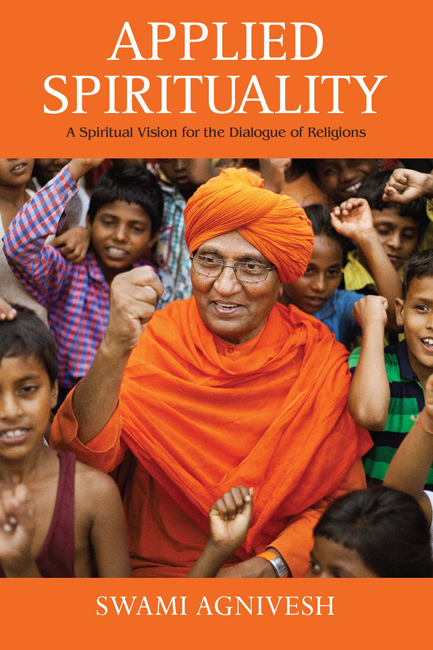
To
Swami Dayanand Saraswati,
who initiated interfaith dialogue in 1877
on the basis of the commonality among all our religions
in modern times for the progress of humanity.
God is Existence, Intelligence and Bliss.
God is Formless, Omnipotent, Just and Compassionate.
God is Unborn, Endless, Unchangeable and Unequalled.
God is the Support of All, the Lord of All.
God is Omnipresent, Immanent, Unaging and Immortal.
God is Fearless, Eternal, and Holy.
God is the Creator of the Universe.
God alone should be communed with.
Swami Dayanand
in the 2nd principle of ARYA SAMAJ
Contents
Human beings live in relationships; therefore, religion is essentially about ones relationship with the Divine. Every religion tries to enable the human being to relate to the divine and to the rest of creation, in a harmonious and mutually enriching fashion. It is from this perspective that the importance of religions and their interrelationship needs to be appreciated.
Alienation between religions, or relationships between religions marred by apathy or even mutual hostility, implies a contradiction of the very idea of religion. This is a reality that religions must come to terms with for their own salvation.
Religions are, or are meant to be, nurseries of the culture of hospitality, rather than fortresses of hostility. Hospitality implies the spiritual strength to accept the other in his otherness. The essence of hostility is the insistence that the other has to be a clone of oneself and, in the event of a refusal to change and acquiesce, the willingness to unleash violence to coerce the other into conformity. The great irony that stares us in the face here is that religions, which are meant to promote a culture of hospitality, have become hostile to each other, and in doing so, they have become contradictions of the very idea of religion. This is analogous to autotoxicity.
Every religion, in turning against other religions, is also turning viciously against itself. This underscores the need for religions that have been in a state of alienation and hostility, to work earnestly towards a wholesome relationship of constructive cooperation.
As with ideological differences, there are many reasons for this alienation: political and religious imperialism, the rise of secular materialism, and increasing consumerism, to name but a few. Further, a reductive Western ontology, more than any field of knowledge, has promoted the spread of deep-seated anxiety and hostility towards Eastern religions and religio-spiritual knowledge. This is because the Western world, in its belief in the supremacy of reason and materialism, has overlooked the Eastern philosophical-religious traditions, dismissing them as merely mystical.
The Western ontology of linearity insists on defining everything in terms of old and new, black and white, or progressive and orthodox, which connotes a neat opposition and polarity. This pattern is very much evident in the advent of the United States in Afghanistan and Iraq. A similar bias is also apparent in the Muslim reaction to the fundamentals of Western modernity. Both cases exemplify an attitude of animosity towards the unfamiliar and the alien.
Here, one can find religion entering the domain of power. When this happens, no religion can continue to exist in its pristine purity. Thus, it is necessary for religions to undergo periodic renewal, or succumb to the forces of degeneration and suffer a gradual demise. Throughout history, all religions have entered into collaborations with political forces in various ways and to varying degrees. For example, the spirit of triumphalism in the religion founded after Jesus Christwho was as meek as a lambis a hybrid of biblical faith and Western colonial imperialism.
Triumphalism presupposes an arrogant unwillingness to know and value the other. It conjures up the spurious need to conquer and assimilate other faiths. From this perspective, there seems hardly any possibility for interfaith dialogue. To a large extent, triumphalism still prevails in institutionalized religions; this contradicts the spiritual values upon which the religions are based.
In this context, it is pertinent to discuss the idea of spirituality vis--vis religion. One needs to be wary of the widespread tendency to equate religion with spirituality; they are, quite often, contrary to each other. This is certainly the case during periods of religious decay, like the present times.
Religious communities, like political parties, are crafted on the principle of sameness. Hence, they are marked by homogeneity. The foremost religious sin is heresy, which is, literally, claiming the right to choose for oneself. Thus, choosing for oneself is demonized and eradicated, not so much because God is too anaemic to stand it, but because this act questions uniformity and conformity. Indeed, what religions wish to root out as heresy might be understood, from an objective perspective, as the spirit of prophecythe vocation to articulate the costly truth. Jesus of Nazareth was crucified because of this perennial problem in the theatre of religions. No prophet, he said, was accepted among his own people.
There is something insidious about this conditioning through homogeneity and uniformity. It works in a subliminal fashion. Even freethinkers within a religious community, so long as they carry their religious labels, are not free seekers. The spiritual duty, however, is to seek . To seek is to go beyond familiar stereotypes. To seek is, in effect, to be subversive of the status quo. Seeking is the strategy for liberation. And the purpose of freedom is the pursuit of truth. Conversely, it is the pursuit (or seeking) of truth that makes us free. Truth and freedom are the two legs on which our humanity must move.
Moreover, religion tends to be oriented towards the profit and comfort of individuals. Personal salvation or the moksha of individuals becomes the foremost religious goal. This is not so in the case of spirituality. Spirituality is like an ever-expanding ripple; from the individual it spreads and embraces the world around. Spirituality integrates the salvation of the individual with the transformation of the society. Thats why values such as love, truth, justice, compassion and so on are basic to spirituality. Spirituality emphasizes our shared destiny as a species, and not the metaphysical or material profit or loss that an individual might incur.
Contrary to popular belief, however, spirituality is profoundly this-worldly. But spirituality is this-worldly precisely because it has a true sense of the divine. This-worldliness sans godliness is the realm of materialism, but spirituality is godly materialism, to put it in another way. Quality of life as well as the health and wholeness of the whole of creation is basic to spirituality. This need not necessarily be the case with religions; indeed, it rarely has been.
This too has a material bearing on the interfaith movement. The Supermarkets of Salvation can only compete among themselves. Not so in the case of shared spirituality, which shifts our focus from the efficacy of individual salvation to the collective destiny of our species. In this process, the spirit of competition is replaced by the spirit of a shared sense of mission. Religious communities are formed on the contrived kinship of a comparatively small group of people; humankind is divided into us and them . In contrast, spiritual kinship involves the species as a whole, which is a necessary foundation for unity and universal oneness. The insight that we are all, despite our many religions, children of the same Creator God can only be a spiritual truth. In respect of religion, this is heresy.
Next page
